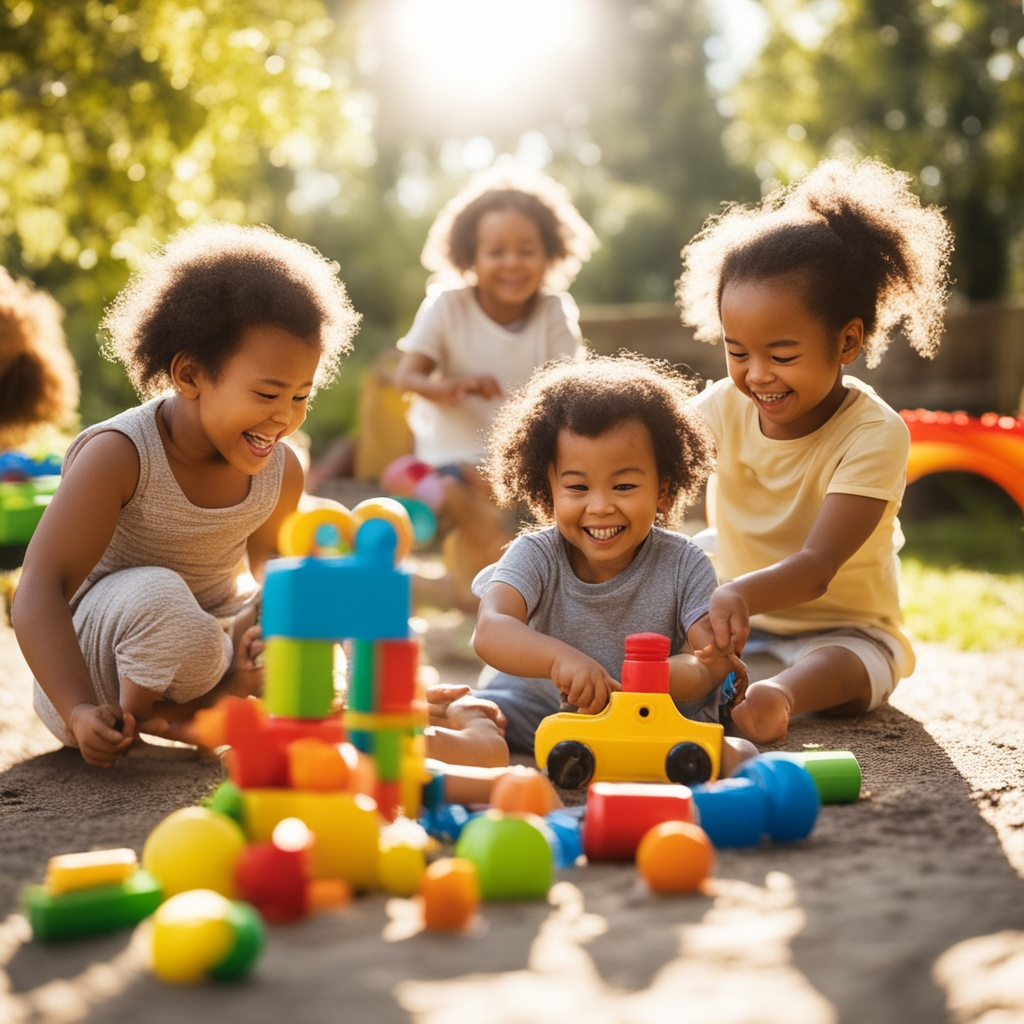Interacting with peers is an essential part of child development. Playgroups and social interactions among children provide an excellent platform for fostering social skills that contribute to their overall growth. Socialization does more than just develop friendships—it enhances communication, empathy, cooperation, and problem-solving abilities. This article provides effective ways to foster social skills in playgroups or among children to ensure they grow into well-rounded individuals.
Understanding the Importance of Social Skills
Social skills are fundamental in establishing and maintaining relationships as children grow. They include a variety of abilities such as sharing, negotiating, taking turns, listening, and expressing emotions appropriately. Developing these skills early in a supportive environment helps build a foundation for success in school and later in life.
Creating a Supportive Environment
A nurturing environment is key to fostering social skills. This involves:
Inclusive Play Settings
Ensure the playgroup setting is inclusive, welcoming children of all backgrounds and abilities. This diversity exposes children to different perspectives and teaches empathy.
Structured and Unstructured Play
Balance is crucial—structured activities guide children in learning specific skills such as sharing, while unstructured playtime allows them to explore relationships and express themselves freely.
Encouraging Positive Interactions
Modeling Behavior
Children learn a lot by observing adults. Demonstrate positive social interactions through respectful communication, empathetic listening, and cooperative behavior. Children will often imitate these behaviors.
Role-Playing and Scenarios
Implement role-playing activities that simulate social situations. This approach allows children to practice social skills safely and to understand different perspectives.
Positive Reinforcement
Recognize and praise positive interactions. When a child shares a toy or helps a peer, acknowledge it with positive reinforcement. This encourages them to repeat the behavior.
Facilitating Communication
Active Listening Exercises
Teach children to listen actively by practicing maintaining eye contact, nodding, and responding appropriately. Games like “I Spy” or storytelling can reinforce these skills.
Expressing Emotions
Help children articulate their feelings by providing them with the vocabulary to express joy, frustration, or disappointment. Storybooks or picture cards can be effective tools for teaching emotional literacy.
Promoting Problem-Solving Skills
Conflict Resolution Techniques
Offer guidance on resolving disputes by encouraging children to express their feelings, listen to others, and find mutually agreeable solutions. Develop an understanding of the importance of compromise.
Group Projects
Engage children in simple group projects that require collaboration and sharing ideas. These activities can foster teamwork and a sense of shared accomplishment.
Building Empathy
Sharing Stories
Regularly share stories about kindness and empathy, whether through books or oral storytelling. Discuss how characters feel and how they could make others feel better.
Caring for Classroom Pets or Plants
Introduce a shared responsibility, like tending to a classroom pet or plants. This fosters empathy by teaching children to care for something collectively.
Involving Parents and Caregivers
Parental Workshops
Organize workshops to educate parents on how they can encourage social skills at home through activities and simple interactions.

Consistent Communication
Keep an open line of communication with parents about their child’s progress and any social challenges they face. Collaborate on solutions that can be implemented both at home and in the playgroup setting.
Evaluating Progress
Regular Observations
Monitor each child’s progress by observing their interactions regularly. Note improvements or areas that need more support.
Feedback Sessions
Conduct regular sessions where caregivers, educators, and parents share feedback, which helps in adapting strategies to suit each child’s needs.
Conclusion
Fostering social skills in playgroups and other child interactions sets the groundwork for their social and emotional development. By creating an inclusive environment, modeling positive behavior, and encouraging effective communication, we provide children with the tools they need to navigate social landscapes confidently. This investment in developing social skills will contribute to their success and happiness throughout their lives.